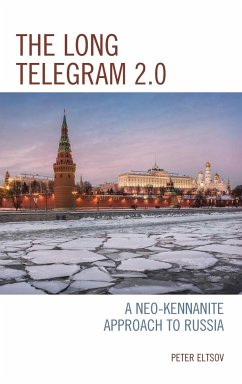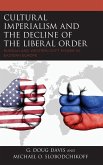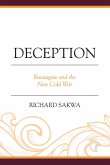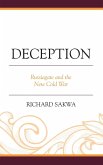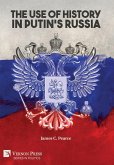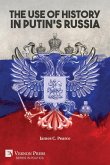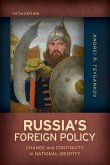The Long Telegram 2.0: A Neo-Kennanite Approach to Russia lays out an original argument for understanding Russia that goes deep into its history, starting with the tri-partite dictum "orthodoxy, autocracy, nationality," formulated in 1833 by count Sergey Uvarov. The author explores Uvarov's triad in the context of modern Russia, adding five more traits: exceptionalism, expansionism, historical primordialism, worship of the military, and glorification of suffering. The author argues that, as presently constituted, Russia cannot become a democracy, and, sooner than later, it will disintegrate, replicating the fate of the Soviet Union. The key reasons for these, according to the author, are: weak mechanisms for the transition of power, poorly developed institutions of the state, feeble economy and education, frail ideology, and, most importantly, the lack of a unified national identity. Following this assessment, the author defines a strategy for dealing with Russia, based on a combination of offensive realism and realpolitik, recommending that the West copes with Russia in a more pragmatic manner. The book includes the author's translation of a unique historical document from the 1860s: a pamphlet calling for the independence of Siberia on the example of the American revolution.

